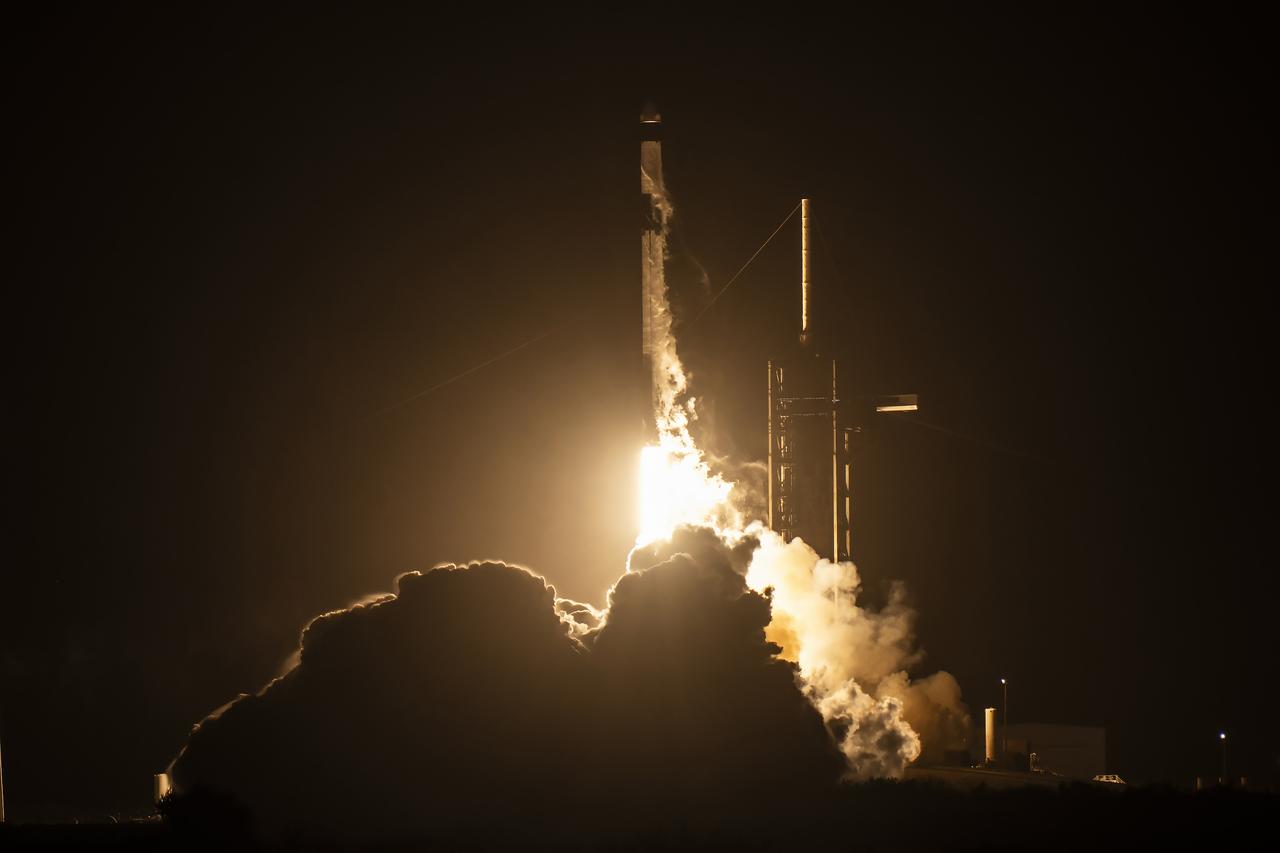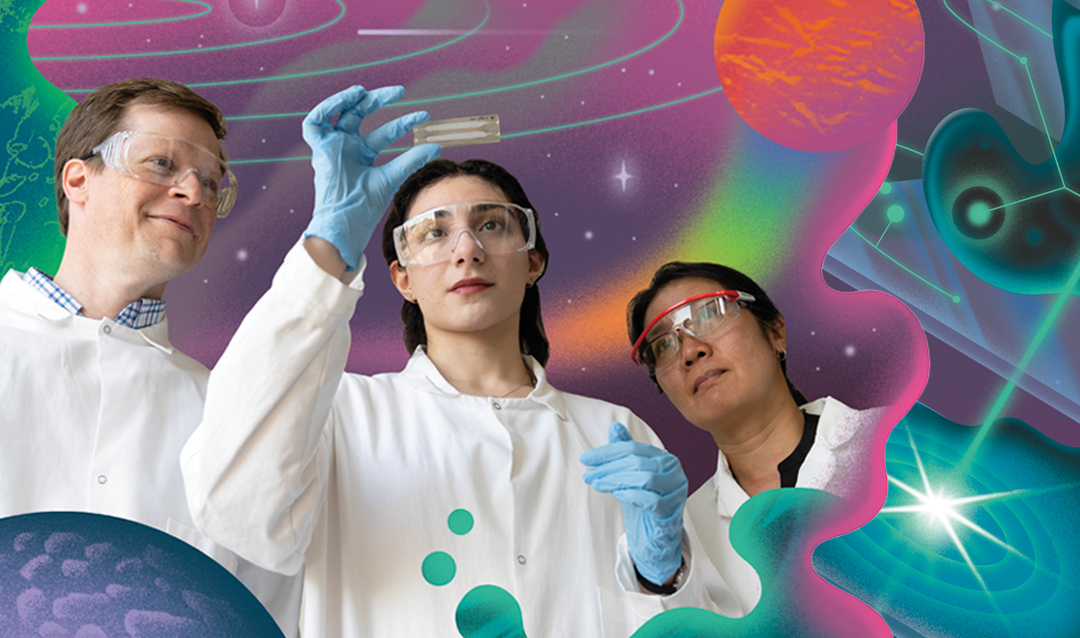
Experiments developed by Lehigh University researchers, led by James Gilchrist, the Ruth H. and Sam Madrid Professor of Chemical and Biomolecular Engineering, launched into space Monday, Nov. 4. The team’s research, focused on thermophoresis—the movement of particles in response to temperature gradients—is being conducted in the microgravity environment of the International Space Station (ISS).
This project is a collaborative effort between Gilchrist; Xuanhong Cheng, a professor of bioengineering and materials science and engineering at Lehigh, and Kelly Schultz, the Larry and Virginia Faith Associate Professor in the Davidson School of Chemical Engineering at Purdue University and a former Lehigh faculty member. Supported by a National Science Foundation (NSF) grant and the Center for the Advancement of Science in Space (CASIS), the research could lead to advancements in bioseparation techniques with potential applications in disease detection.
Watch NASA footage of the launch as well as a clip shared by @GilchristLab on X below, and read more about the research on the Lehigh News website.
NASA's SpaceX 31st Cargo Resupply Services Launch
Insane! Hope our samples were happy at a sustained 4G going up! pic.twitter.com/U1mkMYjeEm
— James Gilchrist (@Gilchrist_Lab) November 5, 2024

